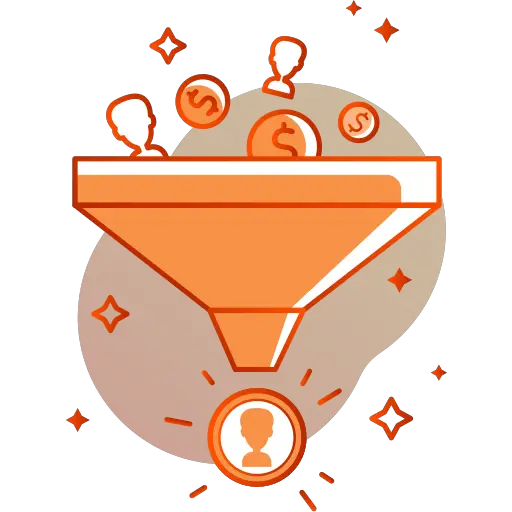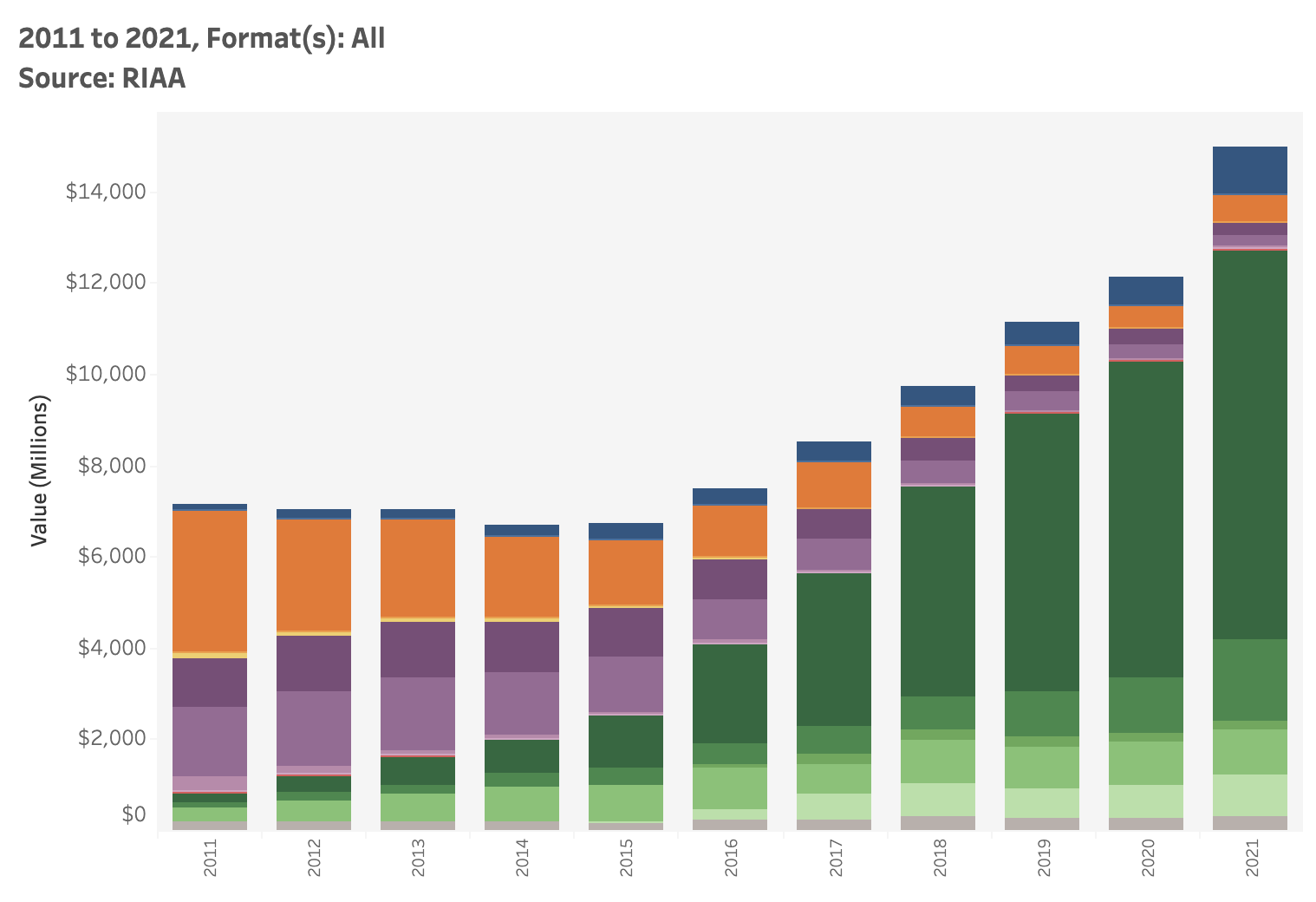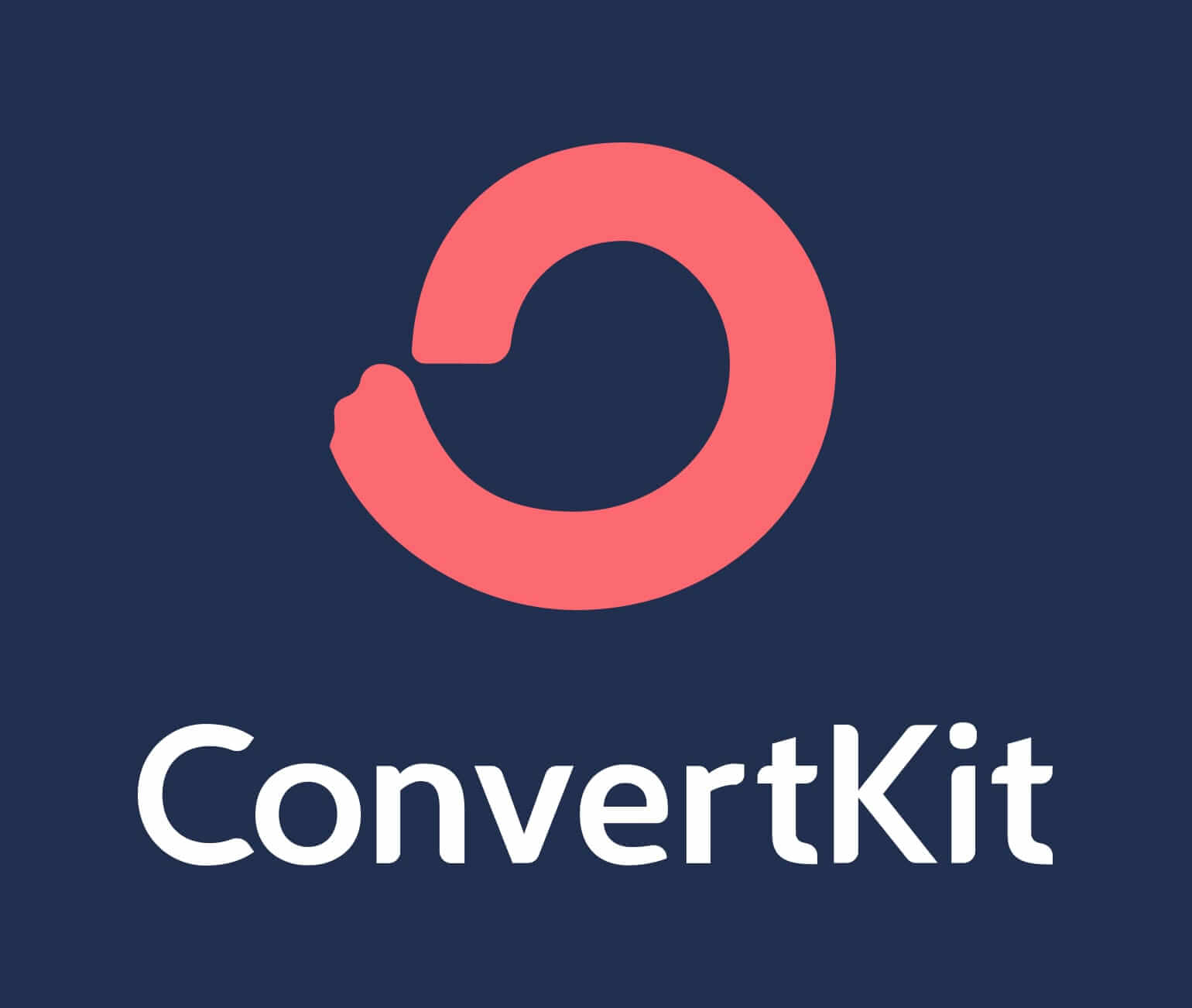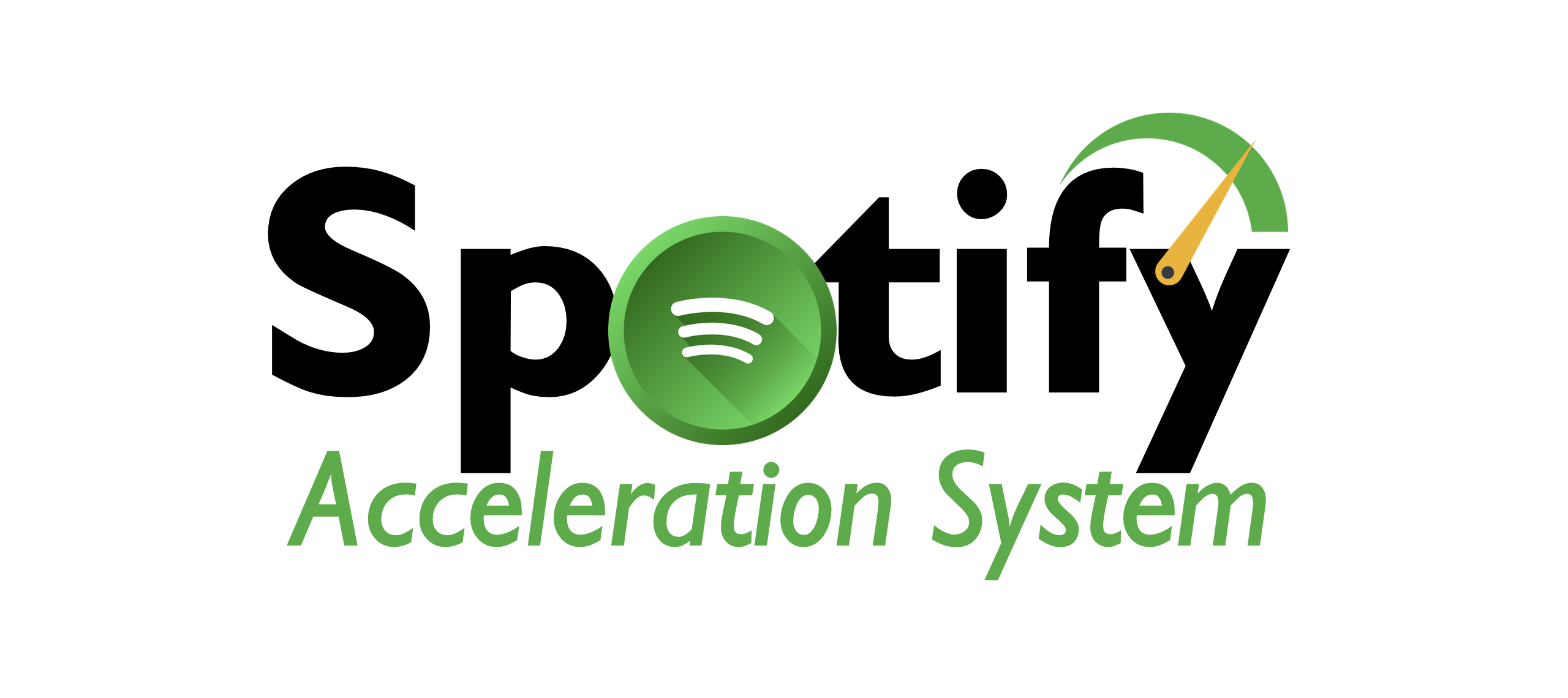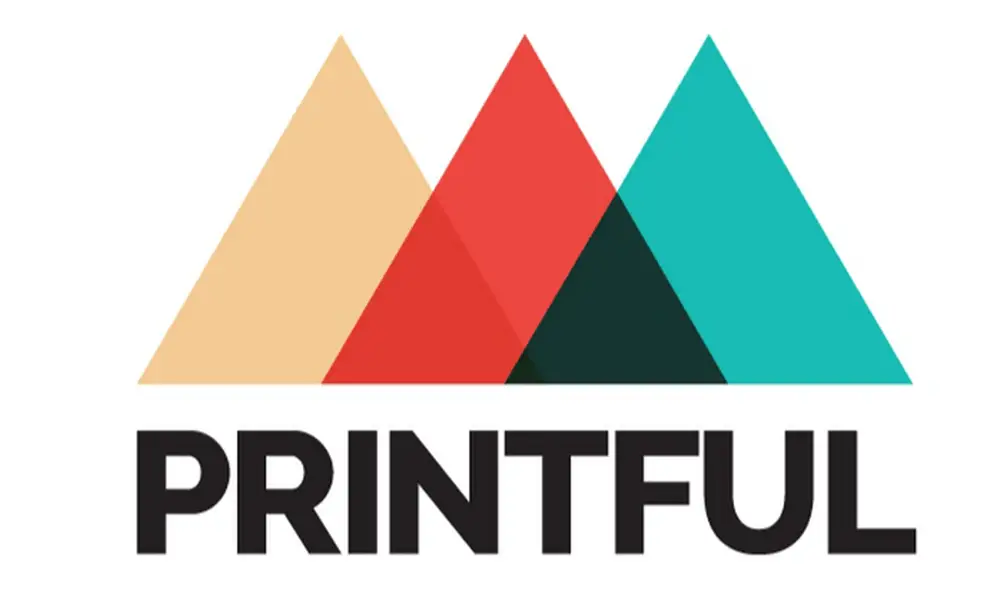Singles, EPs, and Albums, oh my!
What's the difference, and which type of release should you be doing if you want to grow a fanbase?
Singles are better for growing a fanbase as it allows artists to release music for consistently and frequently, which leads to more regular promotional windows and a building of momentum. Albums, on the other hand, are better to release once an artist has already built up a loyal fanbase.
As an artist, you have a few different options when it comes to releasing your music. You can release a single, an EP, or an album.
But what's the difference between these three types of releases, and which one is the best for growing your fanbase?
What's the difference between albums and singles?
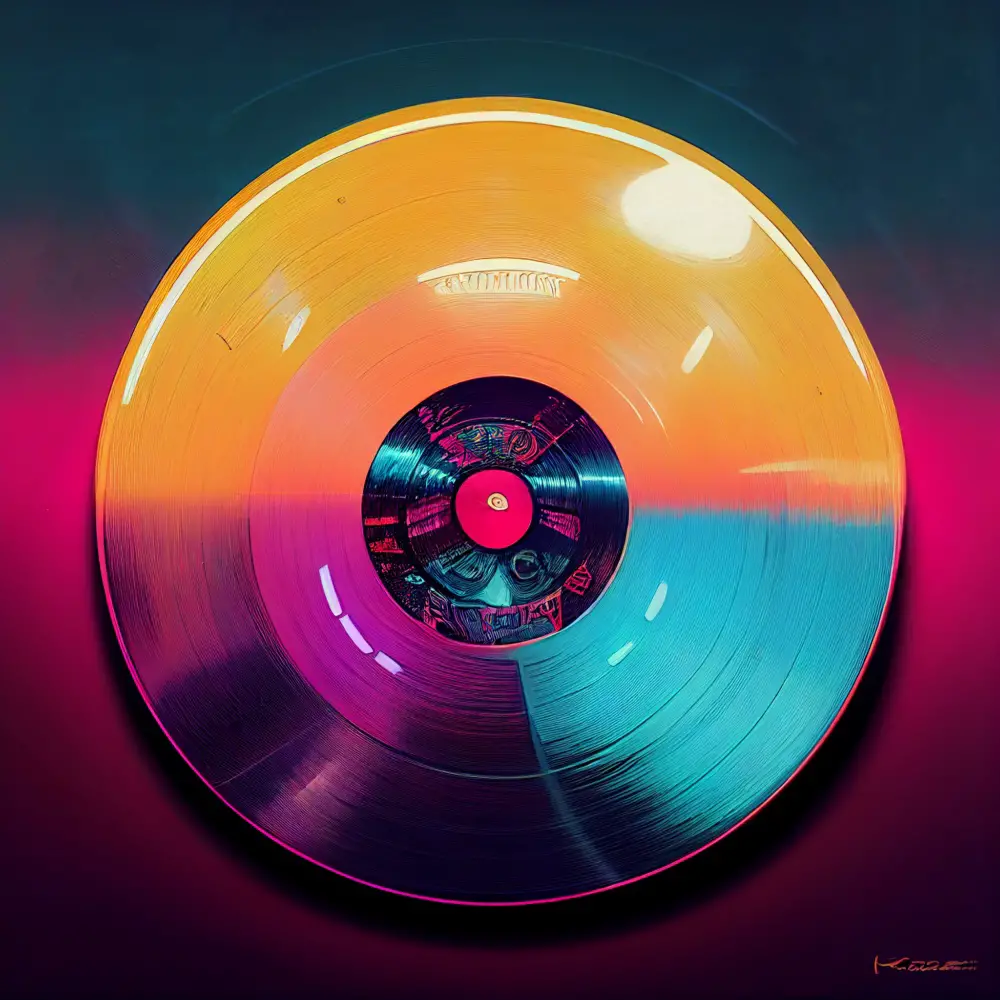
Albums are longer than singles, with a full album usually containing around 10-12 songs. An EP (extended play) is a shorter album, typically consisting of 3-6 songs. Finally, a single, is typically just one song, but can be two songs.
So, which type of release is better for growing your fanbase?
Singles vs. Albums: Which Is Better For Growing A Fanbase?
There's no easy answer to this question. It really depends on what type of artist you are and what your goals are.
If you're a more established artist with a solid fanbase, then releasing an album is probably the way to go, although even then, singles are a great way to build buzz for the upcoming release.
When you've established a loyal fanbase, fans are already familiar with your music and are more likely to buy an entire album than just a single.
If you're a newer artist, however, releasing a single might be the better option.
Get Your Songs On Spotify Playlists
Click below to download my free guide covering a simple formula you can follow to get your songs on Spotify playlists and explode your streams without spending a dime!
Why You Should Be Releasing Many Singles (Not Albums)
If you're an artist, there's a good chance you've been told that you need to release an album. After all, that's what all the "serious" artists do, right?
Wrong.
In today's music industry, releasing singles is actually a much better way to grow your fanbase and sell more music.
Here's why:
1. Singles are easier to promote:
When you release a single, you have one song to promote. This makes it much easier (and less expensive) than promoting an entire album. You can use social media, email marketing, and even paid advertising to get the word out about your single.
2. Singles are less risk:
If you release an album and it doesn't do well, you're stuck with a bunch of unsold CDs, or a bunch of songs that never got the attention they deserved.
But if you release a single and it flops, no big deal - you can always release another one.
3. Singles are more focused:
An album is usually a collection of songs that may or may not have a common theme. But when you release a single, you can really focus on promoting that one song and making sure people hear it.
It's easier to really focus on that one song, and tell the story behind the lyrics and its creation.
You can also really take the time to thoroughly promote it, whereas, when you are a promoting an entire album, it's a little harder to give each song the attention it deserves.
4. Singles Take Less Time
If you're doing music on the side, then I don't have to tell you how difficult it is to find the time to actually finish and release new music.
Rather than waiting to release anything until you have 10 or more songs finished...
Just release singles.
This allows you to get more music out faster, and enables you to build momentum and not be forgotten.
5. Singles are great for marketing:
When you release a single, you have a great opportunity to market yourself as an artist. You can use the single artwork, press photos, the story behind the song, and even the song itself to promote your brand.
Singles allow you to put out more music faster, which enables you to always have something new to promote.
Plus, when it comes to Spotify, you can only submit ONE song from a release to the Spotify editorial team.
If you release one album a year, you only get one shot a year to pitch your music to Spotify editors.
But if you release 12 singles instead, then you get 12 shots a year.
The reality is, if someone hasn't heard of you before, they're very unlikely to commit to listening to a full album.
First you need to build momentum and build up a fanbase, and the best way to do this is by releasing a string of singles, consistently, so that you can have multiple launches/promotions a year where you push your music.
Launching a full album is a massive undertaking, and takes months and months of work, so it's much better to build up to this by consistently releasing singles.
Think about it this way...
If you have 12 songs, you can put all of your eggs in one basket and go for ONE big launch...but then you only get one bite at the apple a year.
Or...
You could do 12 mini launches, once a month, by releasing each song as a single.
This allows you to promote your music year round, and you stay top of mind, build momentum, and build a fanbase that is ready for a full album.
The Fan Funnel Formula: How To Grow Your Fanbase & Sell More Music
To better understand the difference between albums and singles, and where they fit in your music journey, you first need to understand the big picture of how you build an artist career.
The best way to summarize this is with what I call the "Fan Funnel Formula".
The Fan Funnel Formula is the process of taking a person who doesn't know you, and turning them into a fan who is willing to buy just about everything you release.
Or, put another way...
The fan funnel is a process that starts with getting new fans, then moves those fans through a series of steps until they eventually become paying customers.
Believe it or not, there is actually a proven marketing process that you can implement to reliably and consistently turn strangers into fans over the time.
The goal is to get as many people into the top of the funnel (by promoting your music) and then move them down the funnel by providing value and building a relationship.
This online "fan funnel" requires 4 things...
Here's a quick overview of how the fan funnel works:
1. Get new fans:
The first step is to get new fans into the top of your funnel. You can do this by promoting your music on social media, Spotify, running ads, playing live shows, getting press, etc.
2. Build a relationship:
Once you have new fans, it's time to start building a relationship with them. This is where things like email marketing and content marketing come in.
By providing value and staying in touch, you'll start to turn those fans into lifelong supporters.
In practical terms, this involves getting your new listeners and followers to actually join your email list.
The best way to get people to join your email list is to offer something extra of value in exchange for an email address.
This "extra value" is called a "lead magnet", but we'll call it a "fan magnet" because it attracts fans to you like a magnet.
This could be an exclusive song or other content.
You can check out my article here for 24 different lead magnet ideas for musicians and bands.
Once you get fans on your email list, you regularly email them even more valuable and exclusive content to build a relationship with them.
This can all be automated with an email autoresponder tool like ConvertKit.
You can read my article here for how to get started with email marketing.
3. Make An Offer:
The final step is to make an offer to those fans after you've built-up your relationship with them. Offer them something they can buy.
Sure you can sell your music, but there are also so many better ways to monetize your fanbase.
You can sell your music through digital retailers like iTunes or Bandcamp, or through physical products like CDs and vinyl.
However, you can also monetize by offering:
By following this simple formula, you'll be well on your way to growing your fanbase and making an income from your music.
If you want more in-depth help with setting up your own personal fan formula, then grab my free guide here.
Free Fan Funnel Formula Guide
Grab my free guide on how to actually start turning followers into fans, and fans into paying SUPERFANS!
Stop chasing vanity metrics and actually build a business around your music that generates consistent, predictable, income.
How Often Should You Release A Single?
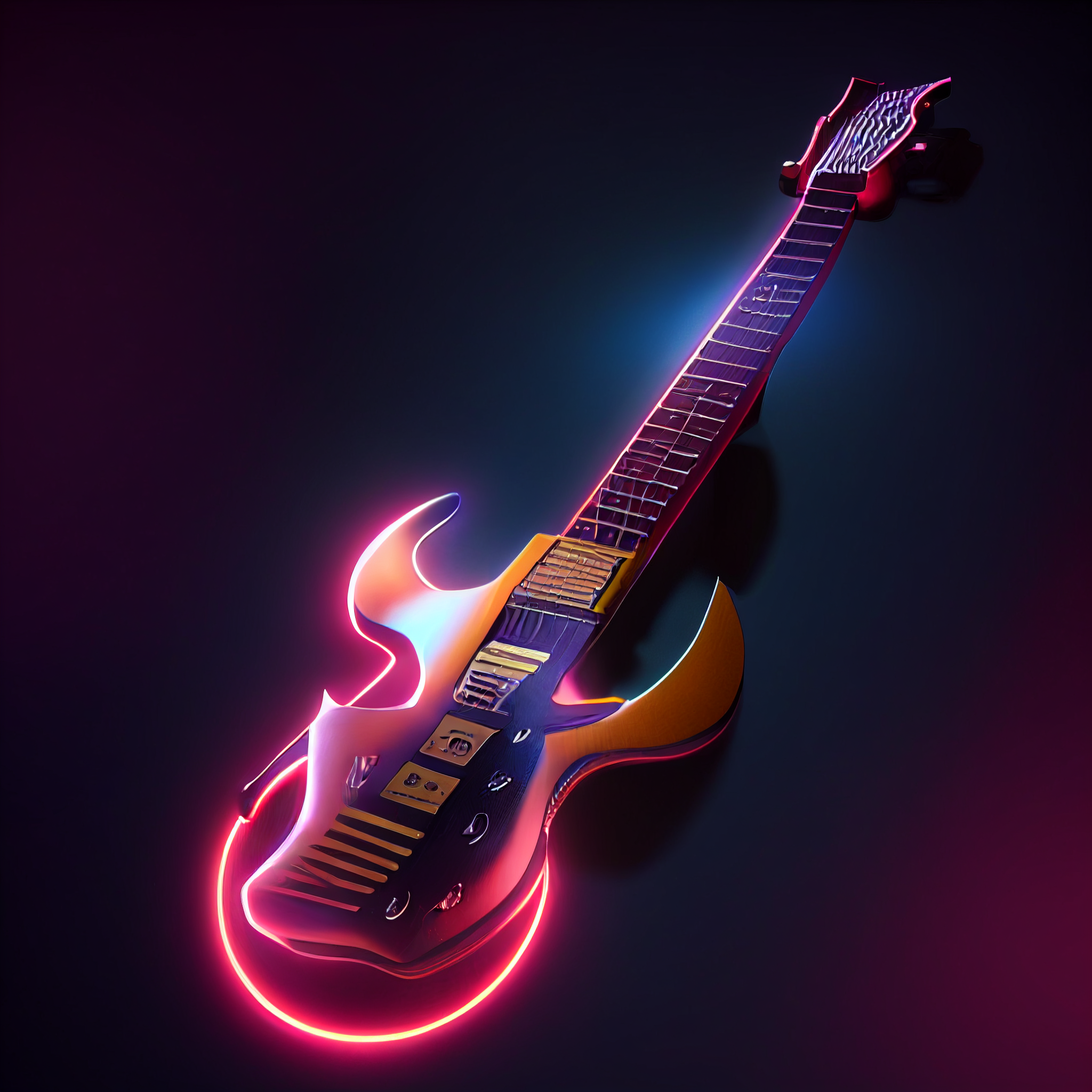
Now that you know why releasing singles is so important, you might be wondering how often you should do it.
The answer, of course, depends on a number of factors - including your goals, your budget, and your marketing strategy.
That said, in general, you should be releasing at least one single every 4 to 8 weeks. This will keep your fans engaged, give you more shots at landing on a Spotify Editorial playlist, and ensure that your name stays top of mind.
Of course, if you have the budget and the manpower, you can always release more frequently. In fact, some artists release a new single every week!
Anna Yvette was doing this at one point in time, but it looks like she has trailed off.
I personally wouldn't recommend release music this frequently, or at least only doing it temporarily, as you don't wont to burn out or cause your song quality to suffer.
So how often should YOU release a single? The answer is: as often as you can afford to in terms of time, money, and sanity.
How To Promote A Single
There are a number of ways to promote a single, but here are some of the most effective:
1. Social media:
When you release a new single, make sure to promote it on all your social media channels. This includes Facebook, Twitter, Instagram, and TikTok.
2. Email marketing:
Email is still one of the best ways to reach your fans. So when you have a new single out, make sure to send an intentional email series to your fans.
Don't just email one time!
Send at least 5 emails promoting every single.
Share the story behind the lyrics, the creation of the song, and what it means to you.
Build that connection between you, your fans, and the song.
3. Paid advertising:
If you really want to reach a lot of people with your single, consider running some paid ads. This could include Facebook and Instagram ads, YouTube ads, or even Spotify ads.
4. PR:
Getting press coverage for your single can be a great way to reach new fans. So make sure to reach out to bloggers, radio stations, and journalists in your niche and let them know about your new release.
5. Contact Playlist Curators
You can use a tool like SubmitHub to submit your music to Spotify playlist curators for a fee...
Or you can grab my free Spotify Playlist Placement guide here and discover how to get playlist curators to add your music for free.
Get Your Songs On Spotify Playlists
Click below to download my free guide covering a simple formula you can follow to get your songs on Spotify playlists and explode your streams without spending a dime!
Are albums still relevant?
As the music industry has evolved, the role of the album has changed. In the past, albums were the only way to release music.
But now, with digital distribution and streaming services, single tracks can be released and promoted without an album ever being made.
So are albums still relevant? The answer is: YES!
For some artists, releasing an album makes sense.
For example, the Celtic Metal artist "LEAH" releases physical albums and regularly hauls in six-figures, or even multiple 6-figures, from her album launches because she has built up a fanbase.
If you have a cohesive body of work that tells a story or conveys a certain theme, an album can be a great way to share that with your fans.
The Problem With Singles
The downside of singles is it's hard to directly make much income from them.
Sure, there is streaming, and sync licensing is even better if you can manage it, but these are difficult income streams to rely on.
So if singles are for building a fanbase, then you can think of an album as being a way to monetize a fanbase.
Fans aren't going to buy a CD with one song on it, but they just might buy a CD with 10-12 songs on it, or a vinyl, or even a tape cassette for that matter.
Fans might not crowdfund a single, but they will be willing to crowdfund an entire album.
An album is a giant launch event that can last months if done right, which can lead to income coming to you from multiple streams.
Do Albums Still Sell?
Though they only make up a small portion of the overall revenue pie for recorded music, albums still sell. Not only that, but vinyl and cassette sales are still ascending.
That said, physical music sales continue to decrease as a whole.
So what does this mean for you? Should you release physical music in the form of CDs, vinyl, or even cassettes?
"Research shows that vinyl and cassette purchases are mainly being made by GenZ-ers between the ages 18 – 24...Older folks over 50 are also getting in on the act."
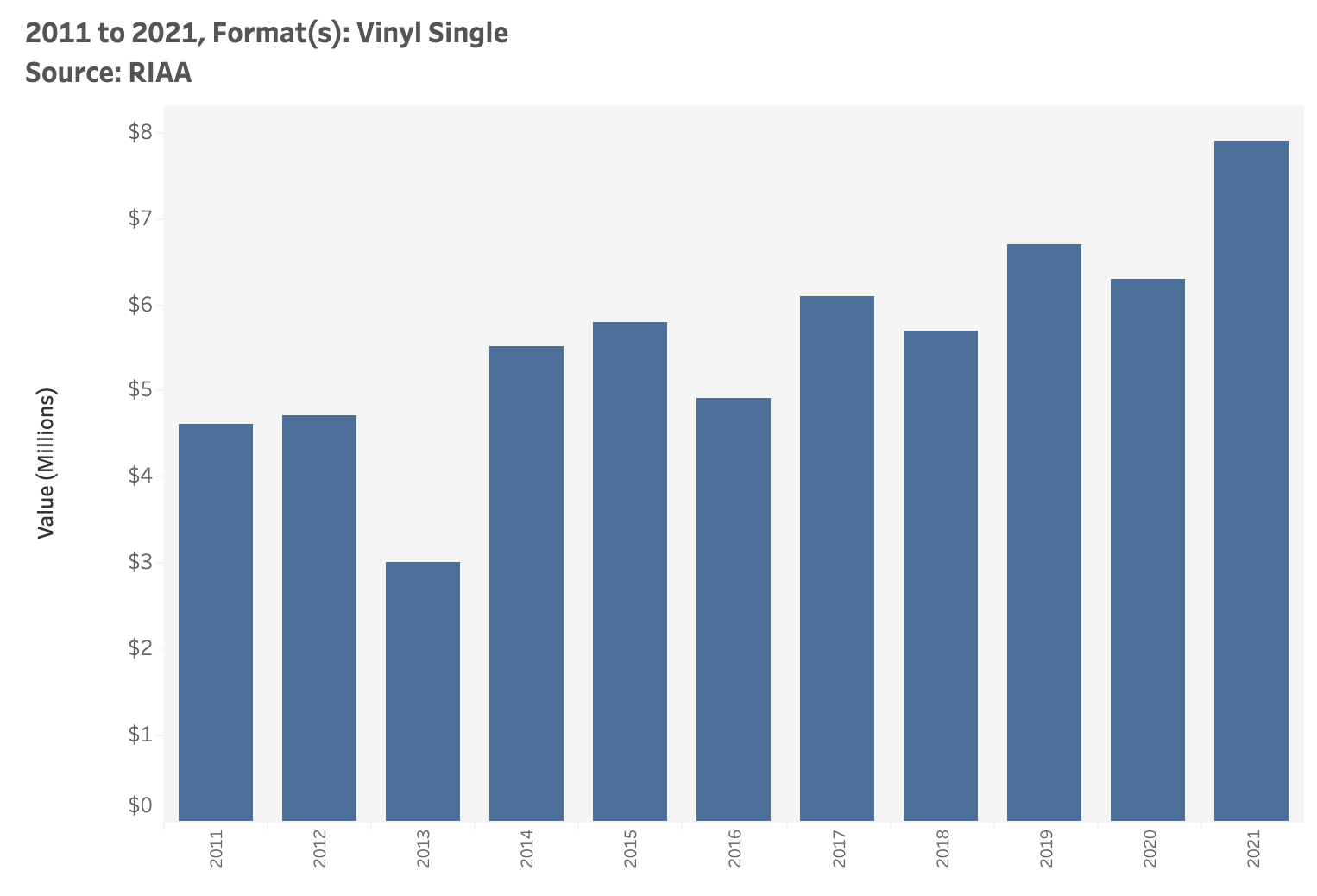
Artists are still releasing physical music and are still getting sales.
In fact, artists like 5SOS, Lady Gaga, and Dua Lipa all released their music on cassette tapes.
Physical music also has a value to collector fans who want to own something tangible.
So whether or not you should release physical music depends on your fanbase, and if they are in a demographic that is likely to buy physical music (either young or old).
This also depends on what genre of music you make.
For example, the synthwave genre is all about bringing back 1980's nostalgia when people were listening to music on tape cassettes and vinyl records.
As a result, you have a lot of synthwave artists releasing their music on vinyl and cassette, and they often sell out.
But album releases can make you music in other ways besides physical music sales.
This is because an album launch builds up a lot of buzz and stirs up fans to take action and buy from the artist, and this can take many other forms besides physical music, including:
How To Know When You're Ready To Release An Album?
If you're an artist wondering whether or not you're ready to release an album, there are a few things you should consider.
First, do you have a cohesive body of work that tells a story or conveys a certain theme? If so, an album can be a great way to share that with your fans.
Second, do you have the budget for promotion? Releasing an album is a big commitment, and it's important to make sure you have the resources in place to promote it effectively.
Third, do you have an email list of at least 1,000 subscribers.
If so, I think you can take a shot at release an album.
But even then, releasing singles is still a great strategy for growing your fanbase and building buzz for your future album launch.
The Bottom Line
There's no right or wrong answer when it comes to releasing singles vs albums. It all depends on your goals, your budget, your fans, and your marketing strategy.
If you're just starting out, if you don't have a lot of budget for promotion, or if you're not ready to commit to a full album, releasing singles can be a great way to get your music out there and build a fanbase.
But if you have up a fanbase that is clamoring for an album, then definitely do an album launch.
In the end, it's up to you to decide what makes sense for your career. There's no right or wrong answer - it all depends on your circumstances.
So, what do you think? Are albums still relevant in today's music industry? Or are single tracks the way to go? Let us know in the comments below!
How To Trigger The Spotify Algorithm To Explode Your Streams
In order for Spotify to promote your music for you, the algorithm first wants to see that your music if performing well on its own.
One of the best indicators that your music is performing well is that is being added to playlists.
So if you want to trigger the algorithm so that your music gets added to algorithmic and editorial playlists, then you need to get your music onto more user-created playlists first.
In fact, I've discovered a system that has helped me to get my songs on Spotify Playlists without having to spend a dime.
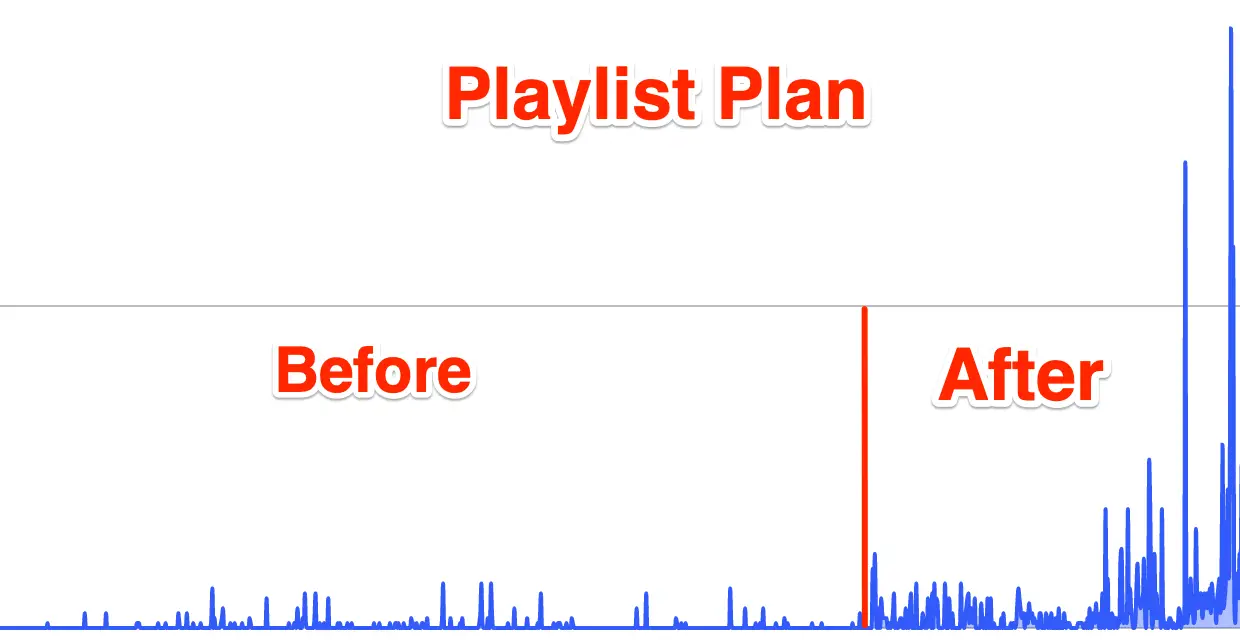
By getting your music on user-created playlists on Spotify, you can start to rapidly grow your streams, and even trigger the Spotify algorithm so that Spotify itself starts to show your music to more people.
If you want to learn my simple approach to getting your music on Spotify playlists for free...
Get Your Songs On Spotify Playlists
Click below to download my free guide covering a simple formula you can follow to get your songs on Spotify playlists and explode your streams without spending a dime!

